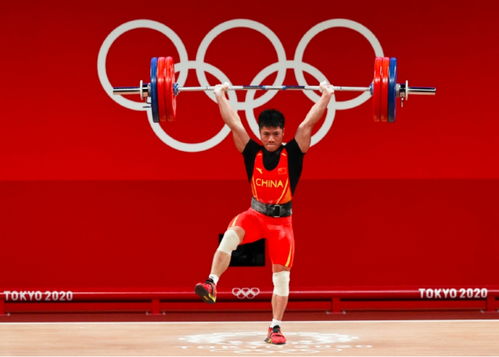Introduction to the Olympic Games

The Olympic Games, also known as the Olympics, are an international multi-sport event that is celebrated every four years. Originating from ancient Greece, the modern Olympics were first held in Athens in 1896. Since then, the Games have grown to become the world's largest sporting event, attracting thousands of athletes from around the globe. The Olympics are divided into two categories: the Summer Olympics and the Winter Olympics, each held in alternating years.
History and Significance

The history of the Olympic Games dates back to 776 BC when the first ancient Olympic Games were held in Olympia, Greece. These games were dedicated to the Greek god Zeus and were a way to honor him. Over time, the games evolved, and in 1894, the International Olympic Committee (IOC) was founded to oversee the modern Olympics. The Games have since become a symbol of peace, unity, and international cooperation. They also serve as a platform for athletes to showcase their talents and compete at the highest level.
Summer Olympics

The Summer Olympics feature a wide range of sports, including track and field, swimming, gymnastics, basketball, soccer, and more. The first modern Summer Olympics were held in Athens in 1896, and since then, the Games have been held in various cities around the world. The most recent Summer Olympics took place in Tokyo in 2020, which was delayed due to the COVID-19 pandemic. The next Summer Olympics will be held in Paris in 2024, marking the first time the Games will be held in France.
Winter Olympics

The Winter Olympics, on the other hand, focus on sports that are played on snow and ice, such as skiing, snowboarding, ice skating, and curling. The first Winter Olympics were held in Chamonix, France, in 1924. Similar to the Summer Olympics, the Winter Games have been held in various locations around the world. The most recent Winter Olympics were held in Beijing in 2022, and the next edition will take place in Milano-Cortina d'Ampezzo, Italy, in 2026.
Role of the IOC

The International Olympic Committee plays a crucial role in the organization and governance of the Olympic Games. The IOC is responsible for selecting the host city for each edition of the Games, ensuring that the events are conducted in accordance with the Olympic Charter, and promoting the Olympic Movement worldwide. The IOC also works to protect the integrity of the Games and combat doping and other forms of cheating.
Impact on Host Cities

The Olympic Games have a significant impact on the host cities and countries. They bring economic benefits, including increased tourism, infrastructure development, and job creation. However, they also come with challenges, such as high costs, environmental concerns, and the need for extensive planning and preparation. Despite these challenges, many cities have successfully hosted the Olympics and have reaped the rewards of hosting such a prestigious event.
Role of Athletes

Athletes are the heart and soul of the Olympic Games. They train for years to compete at the highest level and represent their countries with pride. The Olympics provide a platform for athletes to showcase their skills, overcome adversity, and inspire others. The stories of athletes who overcome personal challenges and achieve greatness are some of the most memorable aspects of the Games.
Conclusion

The Olympic Games are a testament to the power of sports to bring people together and foster a sense of unity and peace. They have become a global phenomenon, captivating millions of viewers and inspiring generations of athletes. As the world continues to evolve, the Olympic Games will undoubtedly remain a symbol of excellence, perseverance, and the human spirit.
olympicgames summerolympics winterolympics IOC olympichistory olympicsports hostcities olympicathletes

